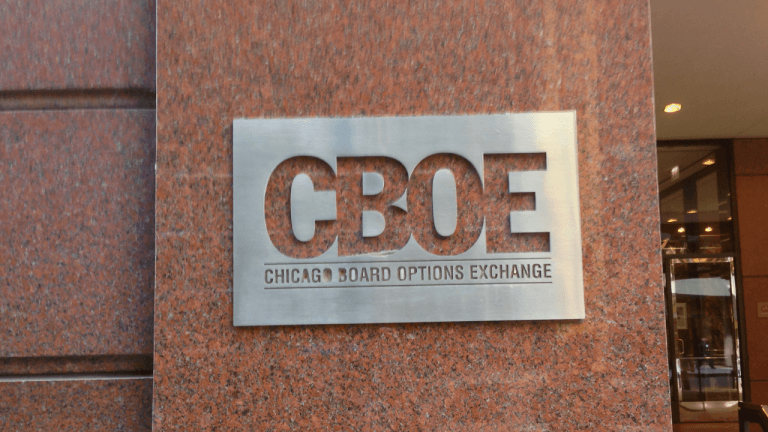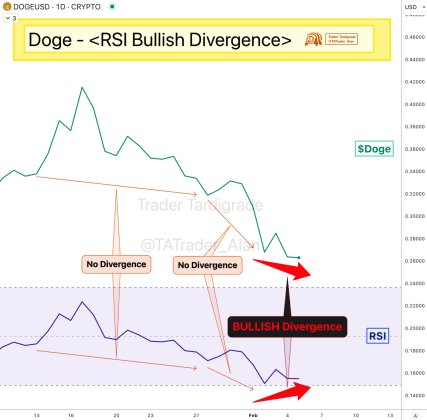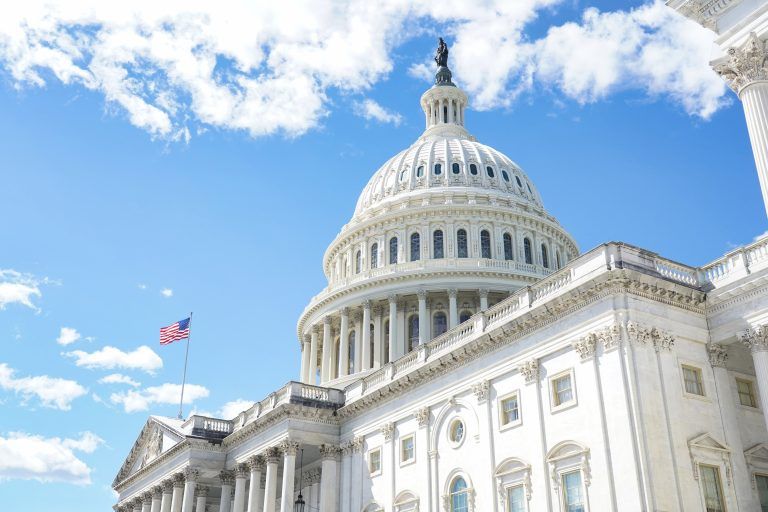Key Takeaways:
- The Czech Republic’s new crypto legislation simplifies taxation and aligns with EU MiCA standards.
- Long-term crypto holdings are now exempt from capital gains tax in the Czech Republic.
- The Central Bank of Czechia is reviewing the possibility of adding Bitcoin to their foreign reserves.
Czech Republic Embraces Crypto with Landmark Legislation
The Czech Republic has been actively promoting digital asset adoption through favorable regulations while maintaining a neutral stance on cryptocurrencies. President Petr Pavel has signed a landmark cryptocurrency law, bringing regulatory clarity to the nation and enhancing its appeal within the European Union. Is this legislation just a symbolic move, or does it represent a real breakthrough for the crypto industry in the Czech Republic and beyond?
Aligning with European Standards: MiCA Implementation
One of the key points to take into account in this regard is that the latest bill is in harmony with the EU’s Markets in Crypto-Assets (MiCA) regulation. MiCA is a complex regulation that aims at preventing money laundering and other illegal activities through the uniformity and validity created by the common law across the European Union by giving a standard procedure for applying laws related to cryptocurrency. However, the Czech legislation is not just a copy of MiCA. According to the Czech Cryptocurrency Association (CKMA), it implements MiCA “in a way that supports innovation and development of the entire industry,” meaning that the approach Czech takes is a positive manner to create the right environment for crypto to be a part of a successful ecosystem. This is significant because overly rigid legislation could stifle innovation and leave little room for future adjustments.
František Vinopal, the chairman of CKMA, pointed out that CKMA played a significant role in drafting the law pointing out that only thanks to the cooperation of all the actors, the rules can be effective and at the same time be balanced and advantageous to all. He says that the developments have surpassed what people had imagined these years. This is the sign of the realization of government authorities about the technology and the increase of people’s confidence in blockchain technology in the Czech Republic.
More News: MiCA Regulation: A New Dawn or a Dark Cloud for Europe’s Crypto Market?
Crypto-Friendly Banking and Clear Tax Rules
The new law also brings in other benefits besides striving to adhere to the highest European standards. Licensed crypto businesses can now access banking services—a significant breakthrough for the industry. Most of the time, the main problem for crypto companies is their inability to gain access to reliable banking services. This should be a relief for them as it will provide some predictability and minimize the risk associated with such companies.
Moreover, in the Act, it “sets clear rules for taxing cryptocurrency transactions and ensures long-term stability and predictability for entrepreneurs in the industry.” This is exactly what the crypto industry has been striving for—a clear and stable regulatory framework that encourages long-term investment. No matter what sector they belong to, they will understand the clarity and might as well infuse new capital and creativity into the country of Czechia.
Tax Relief for Long-Term Crypto Investors
A major highlight of the law is the exemption of long-term crypto holdings (over three years) from capital gains tax. The parliament approved the bill for tax exemptions at the very beginning of December, so all the different entities represented in the parliament were of equal mind on the subject. This is also the same way the usual (traditional) investors are treated when it comes to their securities.
The tax exemption applies only to cryptocurrencies purchased before 2025 and sold under specific conditions in the following tax year. A substantiated detail is the fact that taxpayers will not be asked to report transactions worth less than 100,000 koruna (approximately $4,100 USD).
Until now, there was a similar practice to that of the United States and all transactions were considered as taxable events.
A Symbolic Move with Real-World Implications
Although the tax exemption can be regarded as just a symbolism, it is indeed material in nature when referring to investors. It eliminates a major obstacle to the holding of a crypto currency for a long period, thus stimulating both the investment and maturation of the crypto market. It tells a story that the Czech Republic is a serious country with regard to attracting and keeping the organizations and persons involved in the cryptocurrency field.
Thus, the law particularly benefits those citizens of the Czech Republic who have had Bitcoin and Altcoin for more than three years. By not having to pay taxes on their Bitcoin holdings, they can use their holdings for investments and hence grow their wealth. Or they may opt for a more conventional financial adventure.
Balanced Regulation: A Key Strategy
The authorities of the Czech Republic demonstrated a commitment to balance the regulation and enable digital assets. This is an important approach. Overly strict regulation may hinder innovation and scare business away, while a total lack of regulation can create instability and investor risk. It seems that the Czech Republic finds its way to the middle.
According to Kraken Exchange, this law will be a positive sign and it will further encourage holding the cryptocurrency.
Bitcoin as a Reserve Asset? A Bold Proposal
The Czech Republic’s crypto-friendly goal reaches the gate of the central bank. The Czech National Bank (CNB) is now keen on adopting Bitcoin in its foreign reserves collection. Ales Michl, who is the CNB’s governor, has suggested a percentage of up to 5% of the central bank reserves to be used to buy Bitcoin, which can be around $7.3 billion of BTC.
Why this bold move? Michl said that the single most important goal of the CNB is price stability, and giving it space in a portfolio to non-correlated assets like Bitcoin is one of the ways to achieve it. In his view, Bitcoin is not yet correlated with bonds and thus becomes an exciting nature digitalized ‘product’ for a bigger portfolio.
BREAKING NEWS:
The President of the Czech Republic today signed a law making the country a crypto-friendly business environment. At the same time, fair conditions for cryptocurrency taxation are being established.It has been a long journey. We worked hard on this for more than… pic.twitter.com/2xTCvZf4u1
— Česká kryptoměnová asociace – ČKMA (@CeskaCkma) February 6, 2025
Diversification vs. Volatility: The Debate
This motion, of course, induced discussions. Minister of finance, Zbynek Stanjura, has been noted to the problem too, the case being Bitcoin’s rate of change. His stance reflects uncertainty. Even political bureaucrat ECB President Christine Lagarde has recently made her opinion known that the relationship between Bitcoin and the reserve assets of the central banks indicates that Bitcoin cannot be part of the reserve assets of the latter as there are no particular liquidity and regulatory issues.
While the issue of volatility looms largely on the horizon, those who are in favor of Bitcoin as a reserve currency claim that its limited supply and decentralized nature are the best to use as hedges against inflation and systemic risks threatening the conventional finance system. The discourse thus far revolves around the significant queries on the part of Bitcoin’s very place in the global financial system.
Autonomy within the EU
In spite of the objections from people like Lagarde, the ECB cannot ban the Czech Republic from the decision to buy Bitcoin by using the reserve funds. It is because the Czech Republic, though a member of the EU, is not yet a member of the Eurozone. It is the only nation general that can make decisions of its own concerning currency and scholarly policy giving it all the freedom it needs to realize its decisions concerning the reserve assets.
A Pro-Bitcoin Environment
The Czech Republic’s transition from fair regulation to actively considering Bitcoin adoption is both surprising and promising.
This move positions the Czech Republic as one of the most pro-Bitcoin nations in the EU, potentially influencing other member states to follow suit.
Problems from his bill on cryptocurrencies and even income tax occurred during The Block’s Emergence conference in Prague when Andrej Babiš, the billionaire, a former Prime Minister of the Czech Republic and the actual leader of the conservative political party ANO 2011.
The Czech Republic has taken a further step forward to crypto: apart from discussing, it has created a space for crypto to flourish. This coherent approach of giving out clear regulations, tax motivations, and a relaxed stand concerning digital assets could put the Czech Republic in the front seat as a crypto hub in the upcoming decade.
The post Landmark Crypto Bill Signed in Czech Republic: CKMA Achieves Tax Clarity & MiCA Compliance appeared first on CryptoNinjas.

You can get bonuses upto $100 FREE BONUS when you:
💰 Install these recommended apps:
💲 SocialGood - 100% Crypto Back on Everyday Shopping
💲 xPortal - The DeFi For The Next Billion
💲 CryptoTab Browser - Lightweight, fast, and ready to mine!
💰 Register on these recommended exchanges:
🟡 Binance🟡 Bitfinex🟡 Bitmart🟡 Bittrex🟡 Bitget
🟡 CoinEx🟡 Crypto.com🟡 Gate.io🟡 Huobi🟡 Kucoin.




















Comments